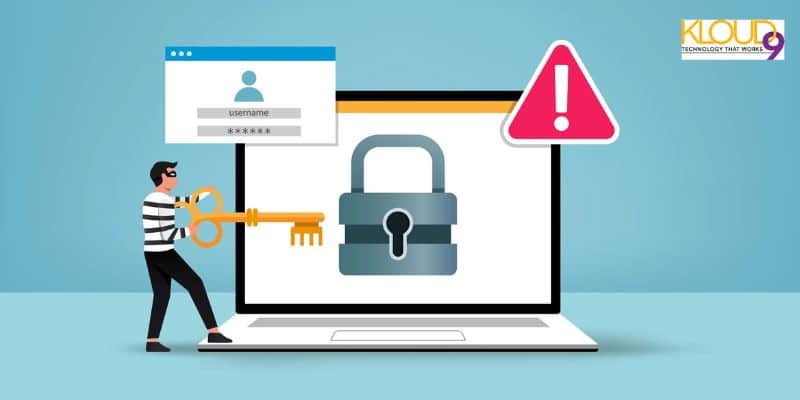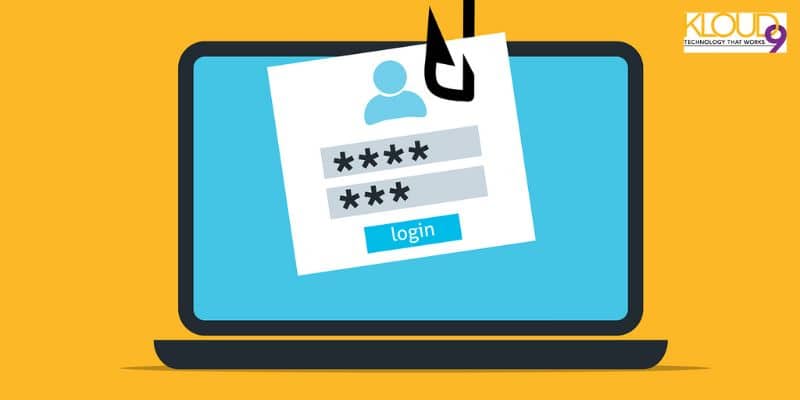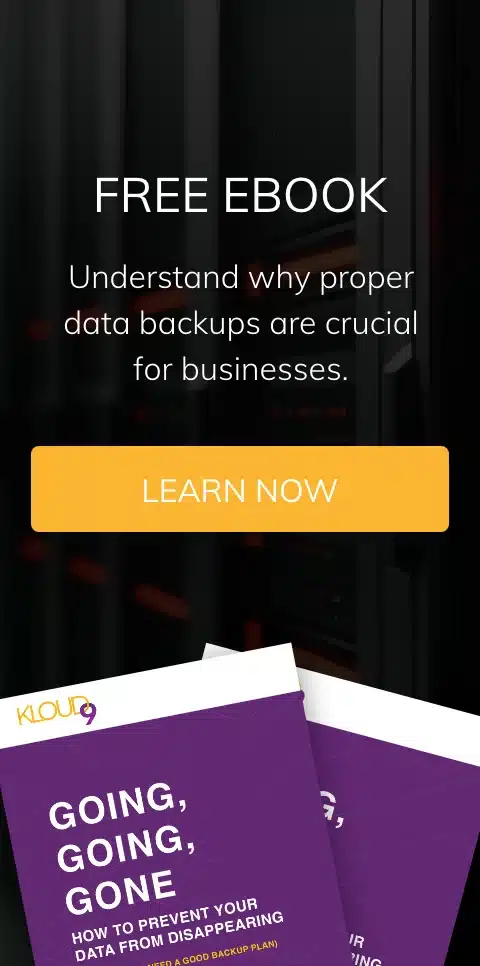Email security is a serious deal, and you should always take it seriously. The era of technology has improved, and many approaches are advancing, especially in communication between people. Therefore, people are currently using electronic mail for writing letters to phone booths and using wireless options for calls. If you are one of those people without knowledge about email security, you must get ready to learn about it here.
Organizations and businesses of all sizes use emails as the most critical channel for communication in their working environment. Email offers more flexibility in transferring and receiving messages from impending activities, team memorandums, and clientele, while others make it a corporate tool at work. How do you maximize your email privacy? Read on to find out.
What Are the Best Tips to Improve Email Security Practices?
1. Use a Complex Email Password
Protecting yourself with a complex email password is one of the surest ways to stay safe online. It will amaze you that most people use simple passwords like "123456" or "246810". Either way, these passwords are 100% weak, and you can get into trouble using them. When you use weak passwords, you automatically become vulnerable to third-party attacks.
Setting up a strong password is not for business email privacy alone; it also cuts across personal accounts. There is no need to expose your business or individual account to danger when the only thing that will save the day is a stronger email password. You need to frustrate the plans of your attacker with the kind of password you set up. The more complex your password is, the more cybercriminals will stay away from compromising your business account.
When setting up a complex account, use lowercase and uppercase letters, and add special characters and numbers. To create an email password, it is wrong to use student identification details, birthday details, the name of your hometown, or other sensitive details.
2. Control Your Email Habit
Controlling how you use it can seem like a fundamental tip, but it is helpful to consider it. You will run every business through email if you are a company owner. Since that is the easiest channel for you to communicate with clients and employees, it is pertinent for you to keep a record of those things you have been doing daily, weekly, and monthly through your email.
You can start by knowing the following:
- The number of newsletters you subscribed to during the week or the past month.
- The total number of messages and emails you send in a day
- The amount of time invested in external email threads, especially from other organizations.
You might only understand how little things you disregard can affect your business once you start having email security issues. For better protection, you can adopt email protection tools like EmailAnalytics to help you monitor your habits and understand the important email risk to avoid.
3. Avoid Accessing Your Email Through Public WiFi
One bad thing you can do to your data is expose it to public connections. It is the same as screaming your social media password to passersby at the mall. It would help if you understood that anything public is not safe. Public WiFis are never secured as far as they are in an IT service provider's name. Therefore, this measure is similar to inviting a cyber hacker into your device.
Cybercriminals do not ask for too much; they can do whatever they want by seeing your vulnerabilities. So, once they have your basic information, they can know other details passing through your system. To prevent these problems, teach employees to avoid using public WiFi or mobile internet outside the working environment. Even if these public networks are faster than the ones you have in the office, you should only use them if they are secured.
4. Change Your Email Password from Time to Time
While you might think that having a strong password is good enough, it will surprise you how far cybercriminals can hack your account and steal sensitive information. For this reason, you must frequently change your password to thwart their efforts. Changing your email password all the time is a simple security practice that you should always pay attention to.
Both data breaches and password leaks occur yearly, and it is often a massive sweep such that cybercriminals tend to relax a bit before launching more attacks. So, treat email passwords as prioritized defense options and ensure you use new passwords every year or twice a year.
5. Be Mindful of Your Devices
Most businesses fall into cyber-attacks because of the devices they use at work. So many companies encourage employees to bring their devices and work with them. This policy is bad as most people can have infected laptops or mobile phones that can improve vulnerability.
This policy is bad for your company because some devices need to be booted with the correct email security features and measures. It will feel like using a public system that is a bit safe. Using such devices to access emails professionally can be a huge problem for your business account. Some laptops and phones now use "remember" options from previous things you typed. Therefore, be careful of public computers and laptops or change the policy at the workplace.
6. Log Out When After Using Your Email Account
After using your email all day long to send and receive messages from different angles, ensure that you log out of your email. If you fail to log out and use an unfamiliar device, you will be susceptible to cyber-attacks. You might return to continue from where you stopped the previous day, only to discover that a third party has stolen your information.
Conclusion
Practice the tips for improving email security and privacy on your business and personal devices to stay safe online. If you use an unfamiliar device to access your mail, you should be more careful and ensure you log out and delete sensitive details you provided while using the device.





You must be logged in to post a comment.